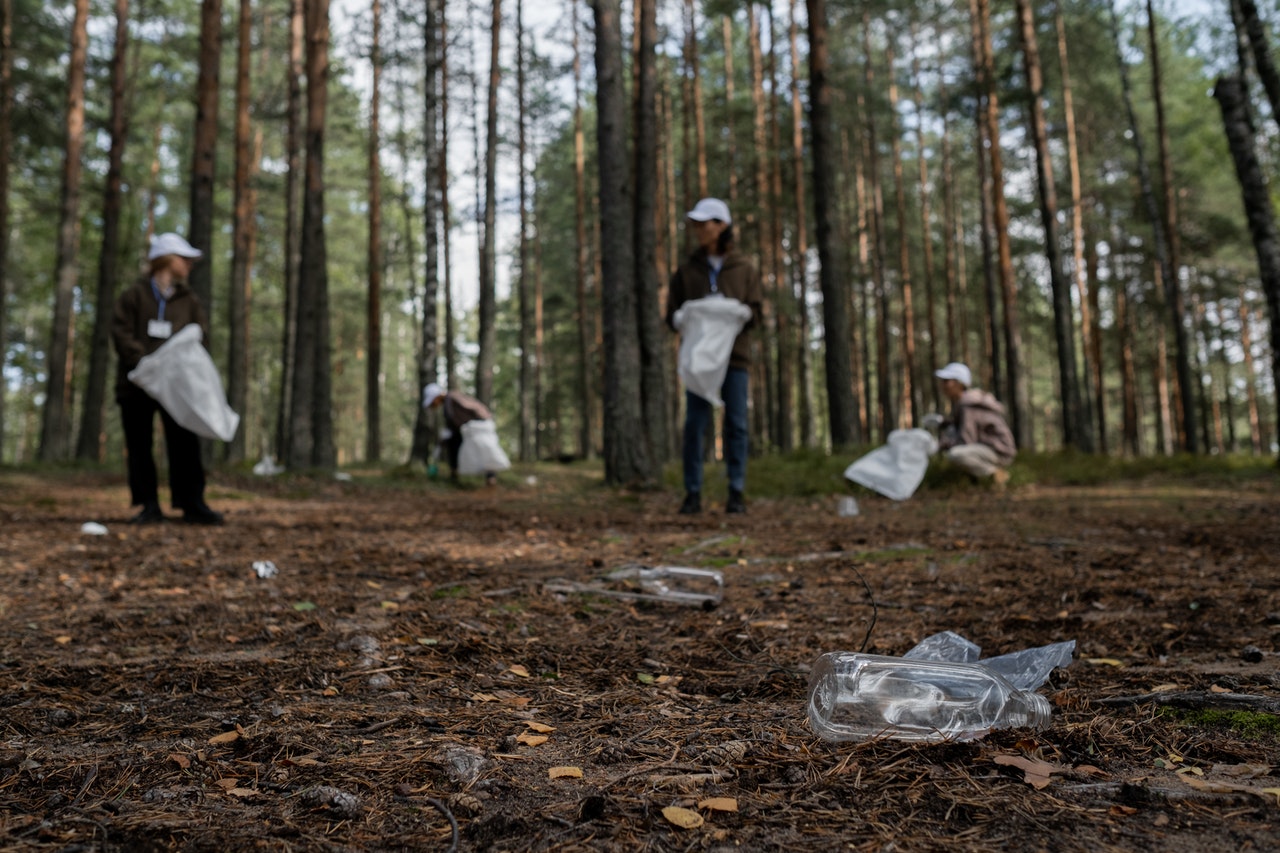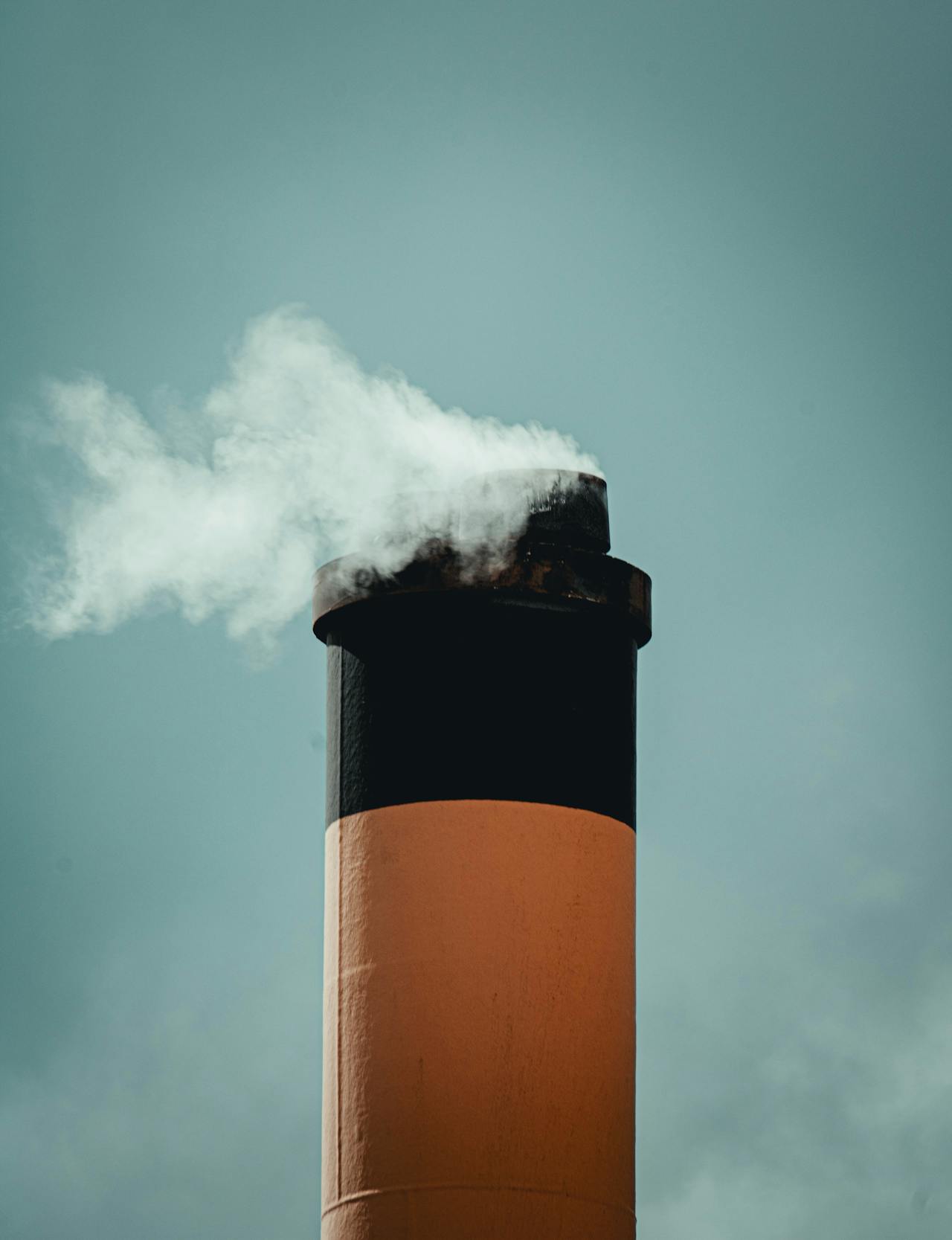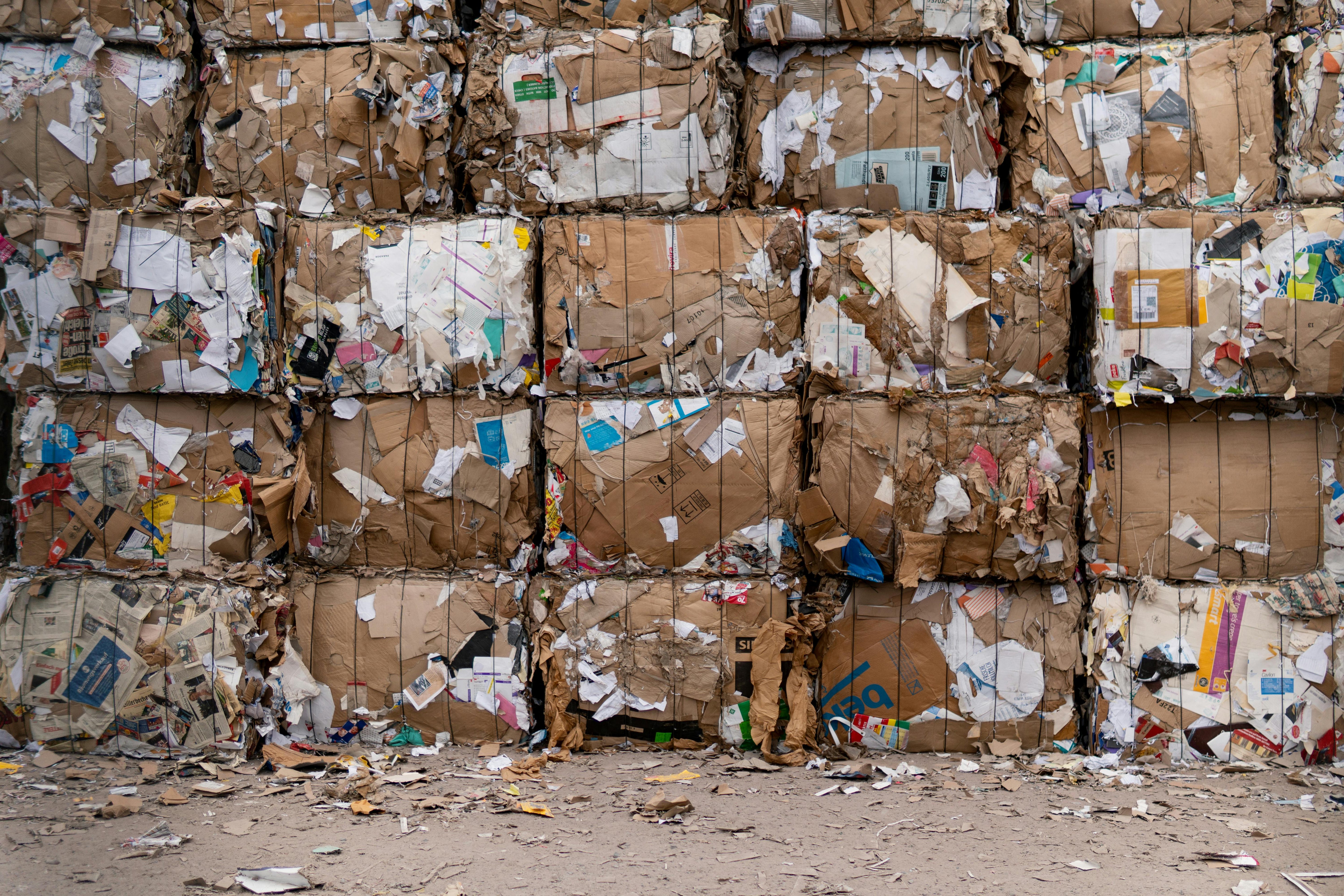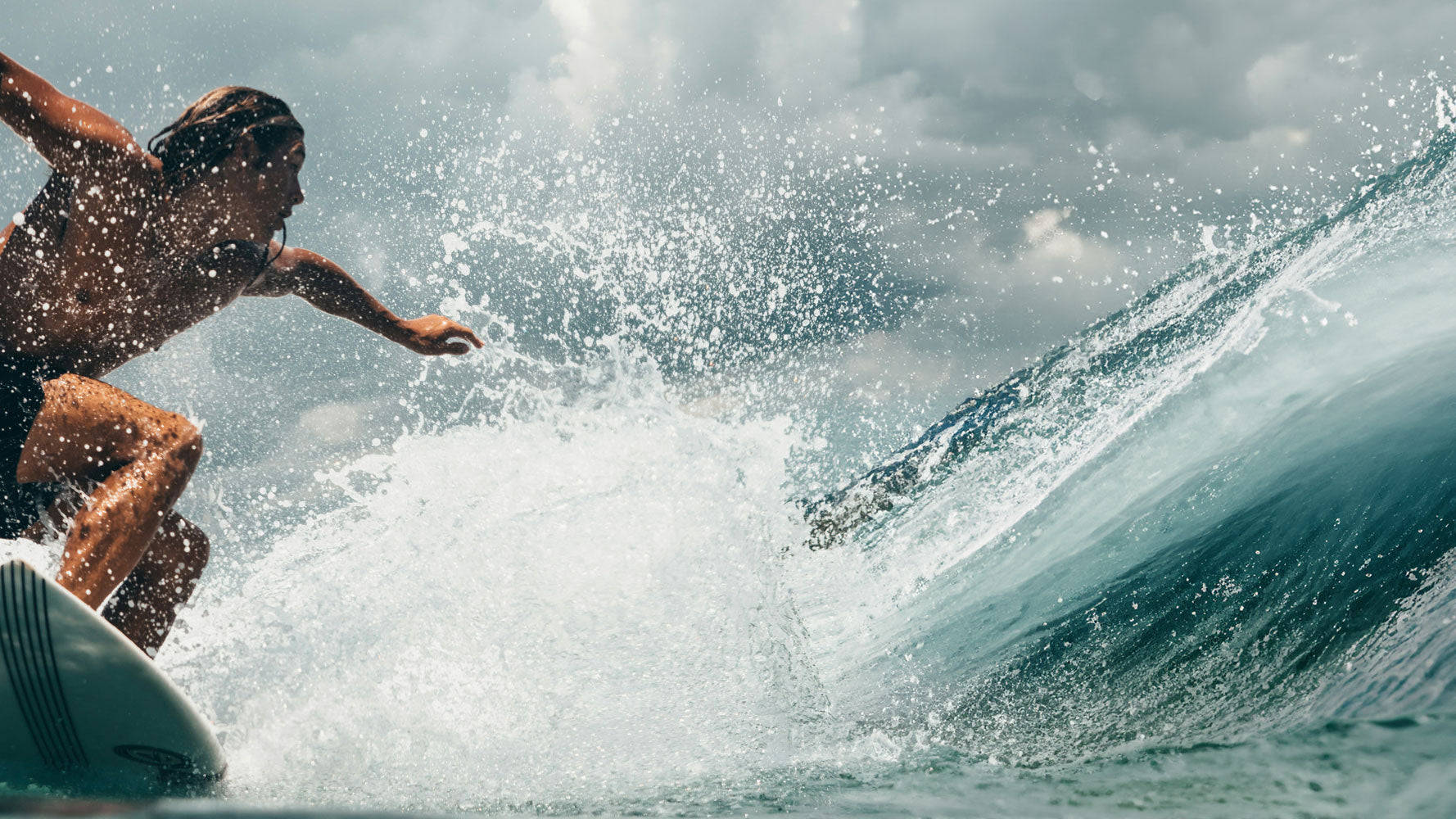Only 9% of plastic gets recycled!
Brands keep using fossil fuel plastic because it's cheap. But the costs are actually really high:

Environmental Pollution
TLDR: Plastic packaging pollutes our environment, taking centuries to break down into harmful microplastics that contaminate ecosystems, threaten wildlife, and enter our food and water. Freshfield’s compostable PLA packaging decomposes in under 6 months in industrial composting, leaving no microplastics behind—a far better choice for the planet.
__
Plastic packaging is one of the most persistent environmental pollutants, with millions of tons discarded annually, often finding its way into landfills, rivers, and oceans. Once released into the environment, plastic doesn't simply disappear—it takes hundreds, if not thousands, of years to decompose fully. Instead of breaking down organically, plastic fragments into smaller pieces known as microplastics, tiny particles less than 5mm in size.
These microplastics are now found everywhere—from the deepest ocean trenches to the highest mountain peaks—and are a growing ecological threat. Marine life, including fish, birds, and mammals, mistake these particles for food, leading to ingestion that causes internal injuries, starvation, and even death. Microplastics also act like sponges, absorbing toxic chemicals from the environment, which can further poison the animals that consume them.
The impact doesn’t stop at wildlife; microplastics have infiltrated our food chain. Studies have detected microplastics in seafood, table salt, drinking water, and even the air we breathe. As these particles accumulate in our bodies, the long-term health effects remain unknown, raising concerns about potential links to inflammation, hormonal disruption, and other health risks.
Freshfield’s packaging, in contrast, uses compostable biopolymers (PLA) that decompose quickly under the right conditions, breaking down into natural elements without leaving behind toxic microplastics. This approach dramatically reduces environmental impact and supports healthier ecosystems, making our packaging a far better option for the planet and future generations.

Carbon Footprint
TLDR: Plastic packaging has a high carbon footprint due to its reliance on fossil fuels, generating greenhouse gas emissions from production to disposal, which drives climate change. Freshfield’s PLA packaging has a substantially lower carbon footprint—up to 42 times lower than glass and 4.27 times lower than PET plastic—making it a far more sustainable choice.
__
Plastic packaging, including both virgin and recycled plastics, carries a high carbon footprint due to its reliance on fossil fuels. From the extraction of raw materials like crude oil and natural gas to the energy-intensive refining, manufacturing, and transportation stages, the entire process emits significant amounts of greenhouse gases. Even recycled plastics, while slightly less harmful, still require substantial energy and resources to process, contributing to their overall carbon footprint.
Manufacturing plastics releases not just carbon dioxide but also other potent greenhouse gases like methane, which contribute to global warming. The emissions don’t stop at production; transporting plastic packaging globally adds to the environmental burden, increasing the carbon impact with every mile.
Disposal of plastic packaging, whether virgin or recycled, continues to harm the environment. Low recycling rates mean most plastic ends up in landfills or incinerators, where it either sits for centuries, releasing greenhouse gases over time, or burns, releasing harmful pollutants directly into the atmosphere.
This entire cycle makes plastic packaging, including recycled plastics, one of the least sustainable options available, especially for industries like supplements that promote health and wellness. Freshfield’s packaging, made from compostable biopolymers (PLA), offers a dramatically lower carbon footprint—up to 42 times lower than glass, 4.27 times lower than PET plastic, and 2.82 times lower than recycled PET plastic. Our PLA is sourced from Bonsucro-certified sugarcane in Thailand, utilizing excess and unsellable sugarcane, which supports sustainable agriculture and provides additional income for farmers. This approach not only reduces carbon emissions but also aligns with our commitment to a healthier planet.

Low Recycling Rates
TLDR: Most plastic packaging isn’t recycled due to contamination, sorting challenges, and limited recyclability, leading to only a small fraction being effectively recycled. The rest ends up as waste, perpetuating environmental pollution. This inefficiency highlights the need for sustainable solutions like Freshfield’s compostable PLA packaging, which naturally degrades and reduces reliance on flawed recycling systems.
__
Despite the widespread use of recycling symbols and public perception that plastics are recyclable, the reality is that most plastic packaging never completes the recycling loop. One of the major barriers is contamination; plastics are often mixed with food residues, labels, or other materials that render them non-recyclable. Even when plastics are clean, the complexity of sorting different types of plastics—like PET, HDPE, LDPE, and others—poses significant challenges. Many recycling facilities are not equipped to handle the variety of plastics on the market, and often only a few types are economically viable to recycle.
Moreover, some plastics, such as flexible films, multi-layer packaging, and certain colored plastics, are particularly difficult or impossible to recycle with existing technology. As a result, only a small fraction of plastic waste—around 9% globally—is effectively recycled, while the rest is incinerated, landfilled, or worse, ends up polluting the natural environment. This low recycling rate contributes to the growing plastic waste crisis, as vast amounts of plastic continue to accumulate in ecosystems.
The inefficiency of plastic recycling systems perpetuates a damaging cycle: brands produce plastic packaging, consumers use and dispose of it, and the majority ultimately ends up as waste. The environmental burden of this linear approach is immense, contributing to overflowing landfills, ocean pollution, and the generation of harmful greenhouse gases when plastics degrade or are incinerated.
This systemic inefficiency underscores the urgent need for more sustainable packaging solutions. Compostable alternatives like Freshfield’s PLA packaging address these challenges by providing a clear, eco-friendlier end-of-life pathway. Unlike conventional plastics, our biopolymers are designed to degrade naturally under the right conditions, reducing dependency on complex recycling systems and helping to break the cycle of plastic pollution.

Get your omegas and stop plastic pollution
Freshfield is the first supplements brand in North America to transition to plant-based, compostable and recyclable packaging.
Our Vegan Omega-3 makes it easy for you to:
- Get high quality omega-3
- Help reverse plastic pollution
- Lower your carbon footprint
7400+ 5-star reviews on Amazon. The most reviewed plant-based omega-3 online.
Example product
One carrageenan-free softgel per day = 225 mg DHA / 35 mg DPA. Certified Vegan, Carbon Neutral and Plastic Negative. Plant-based compostable and recyclable bottle. Label made from forestry waste.
We make it easier for you to do better:
(1) Buy Vegan Omega 3
Fish free, vegan, carbon neutral, plastic negative, plant-based compostable bottle and label made from forestry waste.
(2) We report on your impact.
Freshfield customers are making waves. Join the community making a big difference.
(3) We partner with great organizations that accelerate and magnify that impact.
We can't do this on our own and work with people that share our love for the planet.
You want to be outside doing the activities you love while helping save our planet from the eco-crisis. To do that, you need quality supplements that actually work and aren’t hard on the environment. The problem is that most brands make unnecessarily complex products that contribute directly to the eco-crisis which makes us all feel frustrated and hopeless about the future. You shouldn’t have to choose between your health and our planet.
We know what it feels like to have the places and activities we love threatened. That’s why we create innovative products that have a much lower environmental impact than other brands. Freshfield products are all certified Plastic Negative, Carbon Neutral and Vegan. In our effort to eliminate fossil fuels from our packaging, we are the first brand in North America to use plant-based, recyclable and compostable bottles.
Stop spending your money on low quality products that aren’t that great for our planet and start feeling empowered because you are now part of a larger movement for athletics, adventure and environmentalism.



